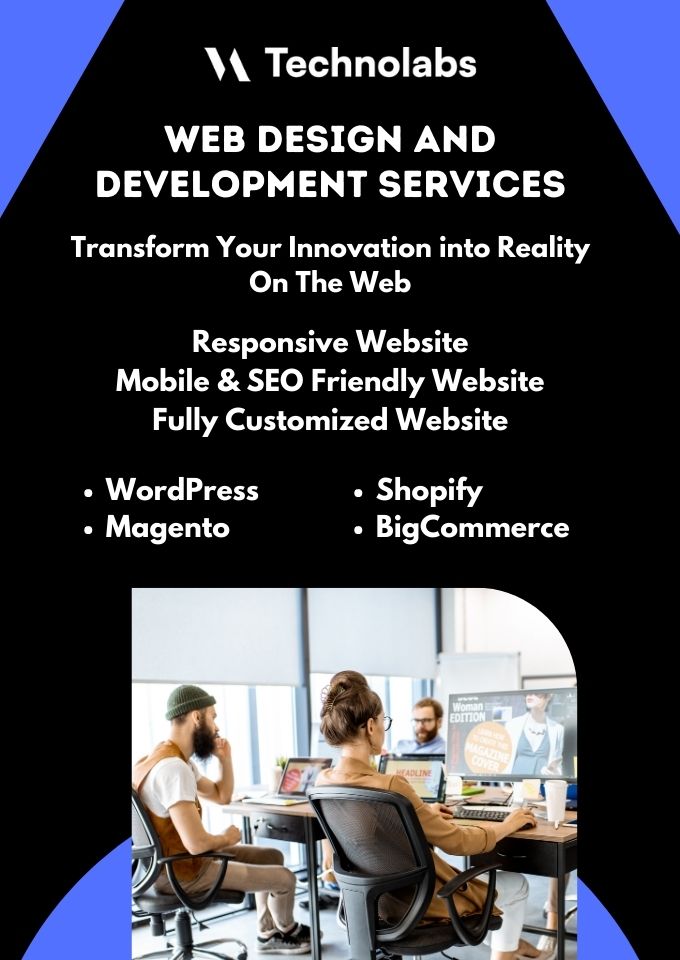<strong>The Ultimate Payment Gateway Integration Guide: Boost Your Business Efficiency</strong>

The Ultimate Payment Gateway Integration Guide: Boost Your Business Efficiency
In today’s fast-paced digital world, businesses are constantly seeking ways to enhance efficiency, streamline operations, and provide exceptional customer experiences. One area that plays a pivotal role in achieving these objectives is payment integration. By seamlessly integrating various payment methods into their systems, businesses can not only simplify transactions but also boost customer satisfaction and loyalty. In this comprehensive guide, we’ll delve deep into the world of payment integration, exploring its significance, benefits, challenges, best practices, and how VA Technolabs can help you unlock its full potential.
Understanding Payment Integration:
Payment integration refers to the process of seamlessly incorporating different payment methods, such as credit/debit cards, mobile wallets, and online banking, into a business’s existing infrastructure. This integration allows customers to make payments conveniently and securely, whether they’re purchasing products online, subscribing to services, or completing transactions in-store.
Significance of Payment Integration:
In modern business operations, payment integration holds immense significance. It not only simplifies the checkout process for customers but also streamlines backend operations for businesses. By offering a seamless payment experience, businesses can enhance customer satisfaction, increase conversion rates, and ultimately drive revenue growth.
Types of Payment Integration
API-Based Integration
Application programming interfaces (APIs) allow different software systems to communicate with each other seamlessly. Payment gateways like PayPal, Stripe, and Braintree provide robust APIs with detailed documentation to integrate their services into an existing platform.
Key benefits of API-based integration include real-time transaction status, faster checkout with token-based payments, automated reconciliation through connection to accounting systems, and the ability to split payments between multiple accounts. Required parameters can be directly passed during API calls to create seamless user experiences. However, the business needs to have advanced development capabilities for customized API implementations.
Hosted Payment Pages
Some payment gateways provide ready-made, PCI-compliant checkout pages hosted on their servers. These simplify compliance while reducing the need for complex development. Information entered on such pages is directly sent to the payment gateway without touching the merchant’s servers. Businesses can customize these to match branding themes through configuration options. Hosted payment pages are easier to implement compared to API integrations while providing a streamlined and secure checkout experience.
Custom Integration
For advanced transaction management capabilities, many enterprises work with specialized developers to build customized payment integrations tailored to their systems. While this requires upfront investment, custom integrations provide long-term flexibility, scalability, and control compared to ready-made solutions. They can be enhanced over time to map the evolving business requirements without relying on external vendors. However, the in-house team must consistently manage upgrades, security enhancements, performance monitoring and support for such implementations.
Harnessing Payment Integration: Advantages and Challenges Across Industries
Retail Industry:
Benefits:
- Enhanced Customer Experience: Faster and more convenient checkout processes lead to higher customer satisfaction and loyalty.
- Increased Sales: Offering diverse payment options encourages impulse buying and increases average transaction values.
- Improved Inventory Management: Integrated payment systems can automatically update inventory levels, reducing the risk of overselling or stockouts.
Challenges:
- Security Concerns: Retailers must ensure the security of customer data and payment transactions to prevent breaches and fraud.
- Integration Complexity: Retail systems often consist of multiple components, making seamless integration challenging.
- Compliance Requirements: Retailers must comply with industry regulations such as PCI DSS, which can be complex and time-consuming.
Hospitality Industry:
Benefits:
- Efficient Booking and Payment Process: Integrated payment systems streamline the booking process for hotels, restaurants, and travel agencies, leading to faster transactions and improved customer satisfaction.
- Personalized Guest Experience: Integrated payment systems can capture guest preferences and payment history, allowing hospitality businesses to offer personalized services and promotions.
- Seamless Revenue Management: Integrated payment systems can automate revenue management tasks such as billing and invoicing, reducing manual errors and improving efficiency.
Challenges:
- Data Security: Hospitality businesses handle sensitive guest information, making data security a top priority.
- Legacy Systems: Many hospitality businesses still rely on legacy systems that may not easily integrate with modern payment solutions.
- Seasonal Peaks: During peak seasons, such as holidays or summer vacations, hospitality businesses may experience increased transaction volumes, putting pressure on payment systems to perform reliably.
E-commerce Industry:
Benefits:
- Global Reach: Integrated payment systems allow e-commerce businesses to accept payments from customers worldwide, expanding their market reach.
- Reduced Abandoned Carts: Seamless checkout experiences and multiple payment options reduce cart abandonment rates, increasing conversion rates and revenue.
- Enhanced Fraud Protection: Integrated payment systems offer advanced fraud detection and prevention features, reducing the risk of chargebacks and losses due to fraudulent transactions.
Challenges:
- Payment Security: E-commerce businesses are prime targets for cyberattacks and fraud, requiring robust security measures to protect customer data and transactions.
- Payment Gateway Compatibility: Integrating with multiple payment gateways can be complex, requiring careful planning and technical expertise.
- Regulatory Compliance: E-commerce businesses must navigate complex regulations related to online payments, including PCI DSS and GDPR, to ensure compliance and avoid penalties.
Healthcare Industry:
Benefits:
- Streamlined Billing and Payments: Integrated payment systems simplify billing and payment processes for healthcare providers, reducing administrative overhead and improving cash flow.
- Improved Patient Experience: Patients appreciate the convenience of paying bills online and having access to payment history and receipts.
- Enhanced Financial Management: Integrated payment systems provide real-time visibility into revenue streams and financial performance, enabling better decision-making and strategic planning.
Challenges:
- HIPAA Compliance: Healthcare providers must ensure that payment systems comply with HIPAA regulations to protect patient privacy and confidentiality.
- Integration with EHR Systems: Integrating payment systems with electronic health record (EHR) systems can be complex, requiring interoperability standards and secure data exchange protocols.
- Patient Education: Healthcare providers may need to educate patients about online payment options and security measures to increase adoption and trust in digital payment systems.
In summary, payment integration offers numerous benefits across industries, including enhanced customer experience, increased efficiency, and improved financial management. However, businesses must also address challenges related to security, integration complexity, and regulatory compliance to fully realize the potential of payment integration in their operations.
Best Practices for Successful Payment Integration
To ensure successful payment integration, businesses should adopt best practices such as thorough planning, effective collaboration between stakeholders, rigorous testing, and continuous optimization based on user feedback and performance metrics.
How VA Technolabs Can Help?
At VA Technolabs, we specialize in providing end-to-end payment integration solutions tailored to your specific business needs. Our team of certified developers and analysts has extensive experience in implementing customized payment solutions, integrating leading payment gateways and ERPs seamlessly. Whether you’re looking for API-based integration, hosted payment pages, or custom development, we have the expertise and resources to deliver solutions that drive your business forward.
Conclusion
In conclusion, payment integration is a crucial aspect of modern business operations, offering a myriad of benefits ranging from enhanced customer experience to increased efficiency and security. By partnering with VA Technolabs, you can unlock the full potential of payment integration and revolutionize your business. Contact us today to learn more about how we can help you streamline your payment processes and drive growth.





